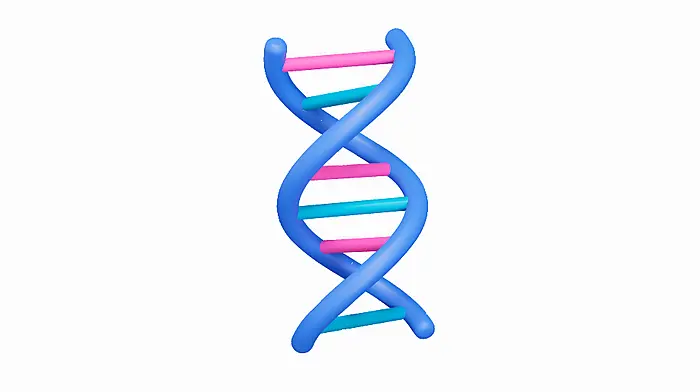
‘I knew it would happen!’ But did you really?
Hindsight bias, often called the knew-it-all-along effect, is the tendency to see past events as more predictable than they really were.
After an event occurs, we reconstruct our memory to make it seem as though the outcome was inevitable or easily foreseeable.
It’s a well-documented bias. In 1972, psychologists ran a famous study around America’s President Richard Nixon’s visits to China and Russia.
Before the trip, they asked people to estimate how likely certain events were, for example, would Nixon meet Mao? Would the US recognise China diplomatically?
After the trip, they asked those same people to remember the probabilities they had originally given.
The results showed a clear pattern. If an event did happen, people recalled thinking it was likely all along. If an event didn’t happen, they remembered having thought it was unlikely.
In other words, once people knew the outcome, they adjusted their memory to match it, believing they’d predicted it better than they actually had.
Hindsight bias has since been found in countless settings: in sports (‘I knew XYZ would win’), in legal settings with judges and juries, in education and exams, in medical diagnosis and treatment, in business and management, and so on.
Hindsight bias means we can often be too tough on people who make decisions that influence our lives. Thus, we often blame doctors, advisors, social workers, politicians, and others for not foreseeing outcomes that only seem obvious in retrospect. All too often, we unfairly hold them to a standard of perfect foresight rather than judging them by the information and uncertainty they faced at the time.
Importantly, hindsight bias can have significant mental health implications. Hindsight bias can make people believe they should have seen something coming, leading to excessive self-criticism.
Abuse
Tragically, it’s especially common in cases of trauma and abuse. A victim of child abuse may look back and think, ‘I knew something was off. Why didn’t I listen to myself?’, ‘Why didn’t I get out sooner?’, ‘It’s my fault for letting it go that far’.
Hindsight bias distorts memory by making the abusive outcome feel more obvious than it really was, and it ignores the uncertainty, fear, manipulation, or hope that shaped the victim’s choices in the moment. People may believe they should have stood up to the abuser, when in reality, doing so is incredibly difficult.
Similarly, a victim of sexual assault might believe they could have prevented the event if they had acted differently. Perhaps by drinking less, dressing differently, spending time with other people, or by not trusting their instincts (‘I knew there was something off about him’).
Tragic accidents, too, can be viewed through the lens of hindsight bias: ‘If only I visited my dad that day, I could have saved him’.
Here, the person assumes a level of control and foresight they couldn’t have had at the time. It’s a painful kind of self-blame that arises from trying to make sense of a tragic outcome with the clarity only hindsight can offer.
The examples are endless. Someone who experiences a financial loss, a breakup, or a career setback may wrongly assume they ignored ‘obvious’ warning signs.
In this way, hindsight bias is closely linked to ‘just world syndrome’, the pernicious belief that we live in a just world where people generally get what they deserve. Good things happen to good people, bad things happen to bad people or to those who err or who bring misfortune upon themselves.
People often wrongly blame themselves due to a need for control and understanding in a world that can feel unpredictable or unfair. Self-blame offers a false sense of agency, an attempt to cope with helplessness or trauma by believing they could have prevented the outcome. Our brains prefer tidy, coherent stories over messy, uncertain realities. When something painful happens, we instinctively search for meaning or a clear cause. Blaming ourselves can feel more bearable than accepting that life is often shaped by randomness, chance, and unfairness. It gives us an illusion of control, even when none truly exists.
Understanding hindsight bias won’t erase regret, but it can help us treat ourselves, and others, with more fairness, compassion, and perspective.










